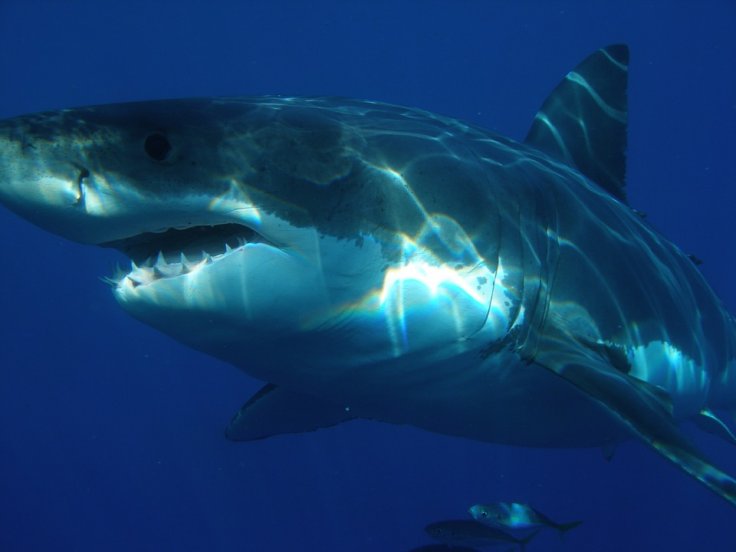
Researchers claimed that as per their new study, giant shark megalodon might have gone extinct at least one-million-year earlier than previously thought.
Prior to this study, published in the Journal of Life and Environmental Sciences, research on fossils indicated that the giant shark megalodon was wiped out from the planet 2.6-million-years ago.
As per the new research, the last megalodon died around 3.6-million-years later and it is expected to reshape the human understanding about the marine world.
"We used the same worldwide dataset as earlier researchers but thoroughly vetted every fossil occurrence, and found that most of the dates had several problems-fossils with dates too young or imprecise, fossils that have been misidentified, or old dates that have since been refined by improvements in geology; and we now know the specimens are much younger. After making extensive adjustments to this worldwide sample and statistically re-analyzing the data, we found that the extinction of O megalodon must have happened at least one million years earlier than previously determined," said Sarah Boessenecker of the University of Leicester, upi.com reports.
The research report also added that these giant marine creatures might have gone extinct long before some seals, walruses, sea cows, porpoises, dolphins and various whale types disappeared from earth 1.25-million-years ago.
"The extinction of O megalodon was previously thought to be related to this marine mass extinction-but in reality, we now know the two are not immediately related. Rather, it is possible that there was a period of faunal turnover, many species becoming extinct and many new species appearing rather than a true immediate and catastrophic extinction caused by an astronomical cataclysm like a supernova," added Boessenecker.
A few weeks ago, another study report published in the journal Astrobiology revealed that a tsunami of cosmic energy from a star explosion 150-light-years away has caused the extinction of marine creatures like megalodon. As per researchers who took part in the study, earth was drenched in stellar radiation after this explosion and it increased the risks of chances especially among marine animals.









